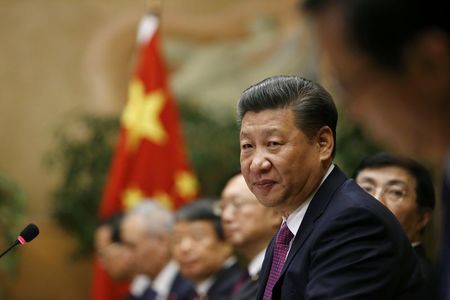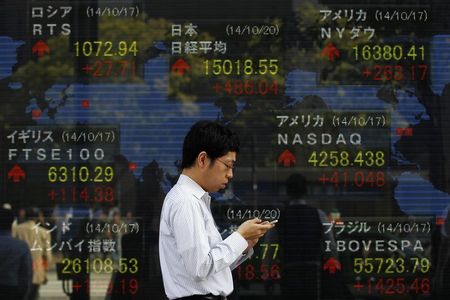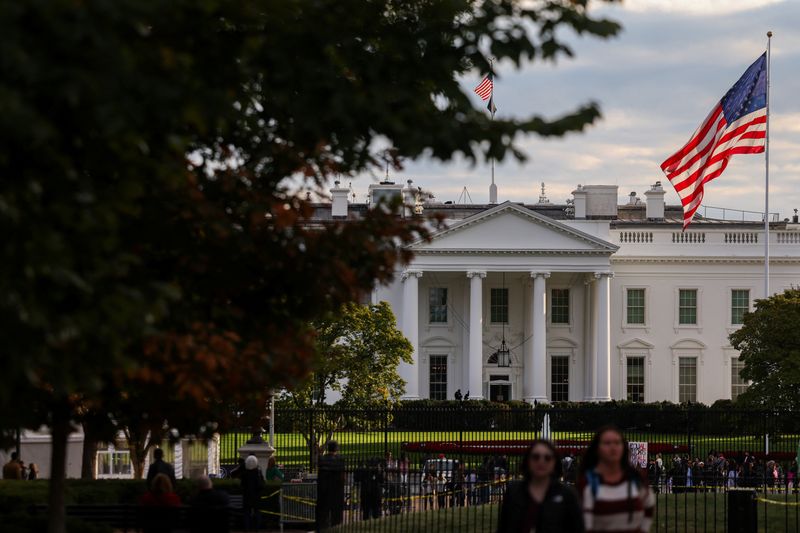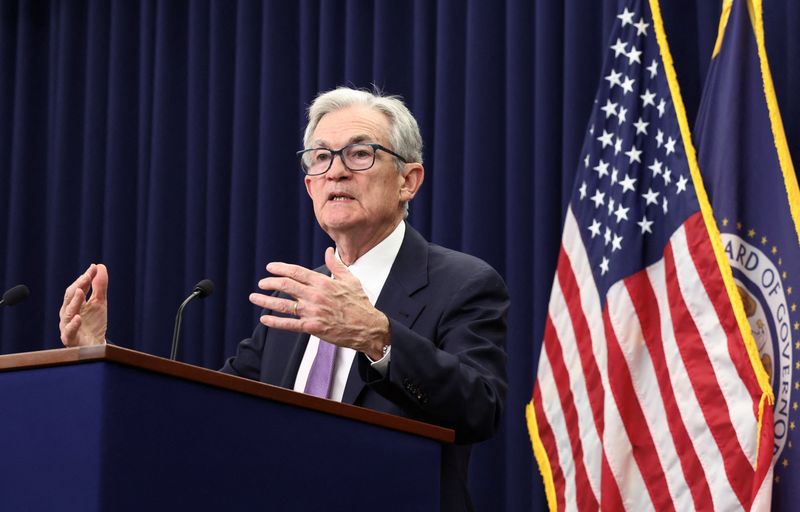Before coming to terms with China, the Trump administration was for months reluctant to reduce America’s fentanyl-based tariffs on Beijing
NegativeFinancial Markets

The Trump administration's hesitance to lower fentanyl-based tariffs on China highlights a significant tension in U.S.-China trade relations. This reluctance not only affects economic ties but also has broader implications for public health and international cooperation on drug-related issues. Understanding these dynamics is crucial as they shape future policies and negotiations.
— Curated by the World Pulse Now AI Editorial System










